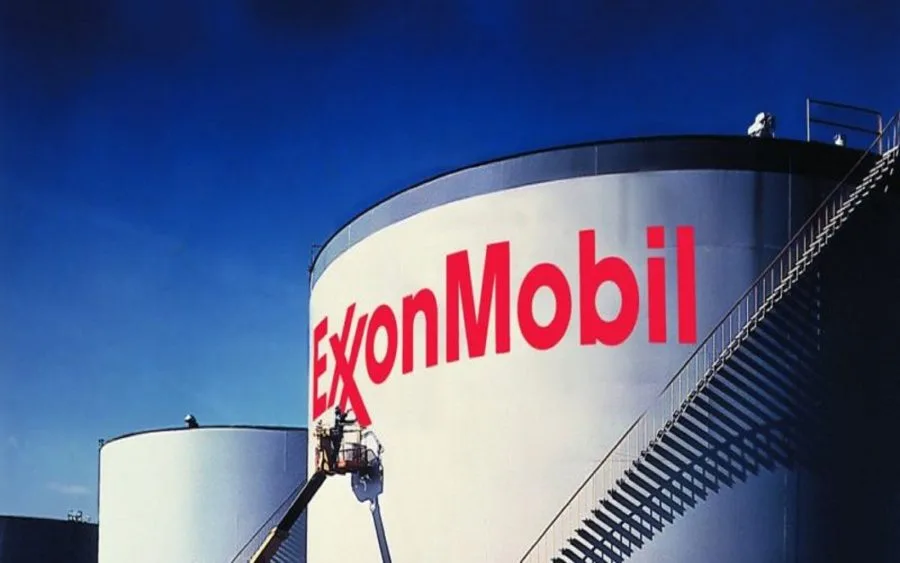Admin
Nigeria’s attempts to boost oil production following decline in output caused by massive theft, vandalism and technical issues, ExxonMobil yesterday declared force majeure at multiple oil export terminals in the Niger Delta.
This was in response to an industrial action taken by workers of the company, ExxonMobil’s Nigerian Producing unit told S&P Global Commodity Insights.
The industrial action have halted the loadings of crude oil at four export terminals — Erha, Qua Iboe, Usan and Yoho, shipping and trading sources said, as industrial action by transport unions gripped Africa’s largest oil producer.
“This is due to an strike action by our in-house workers union,” a company spokesperson said, adding that ExxonMobil would take all reasonable action necessary to swiftly resolve the impasse.
“The safety of our people, assets and environment remains our top priority,” the spokesperson added.
ExxonMobil exports around 300,000 bpd of crude and condensates from its Qua Iboe terminal in southern Akwa Ibom state, as well as natural gas.
Closure of the company’s terminals represents a major blow to Nigeria’s bid to boost exports and increase revenue following a calamitous year in 2022 plagued by theft and technical problems.
Confirmation of the force majeure came as strikes by aviation workers over pay and working conditions threatened to shut the country’s biggest airport.
“A lot will depend on how quickly the dispute is settled,” said a trader of the market implications. Exxon normally resolves industrial action fairly quickly and a delay of a day or two to cargo loading will not be significant.
“If it drags on though, it will imply a significant tightening of the market,” a trader was quoted by S&P as saying. Platts, part of S&P Global Commodity Insights, last assessed Qua Iboe crude at $86.10/b on April 14.
ExxonMobil is slimming down its interests in Nigerian onshore and shallow water assets in response to heightened insecurity, sabotage and oil theft in recent years.
Nigeria has the capacity to produce some 2.2 million bpd of crude and condensate but saw production slump to 1.30 million bpd on average in 2022, with key grades like Forcados, Bonny Light and Brass River forced offline for several months.
Production climbed steadily since September but fell back to 1.5 million bpd in March, plus condensates, according to data from the Nigerian Upstream Petroleum Regulatory Commission (NUPRC).
“We will continue to take all reasonable actions necessary to resolve the impasse as soon as possible,” Exxon spokesperson Michelle Gray said in a statement on Monday.
Exxon has been trying to sell $1.2 billion in shallow-water assets in Nigeria, where it finds operations “challenging”, the company told Reuters in February, while keeping deep-water assets further from the coast.
Oil prices dropped on Monday morning as investors mulled over a possible May interest rate hike by the US Federal Reserve, which could dampen economic recovery hopes. Brent crude futures were down 55 cents, or 0.6 per cent, at $85.76 a barrel.





